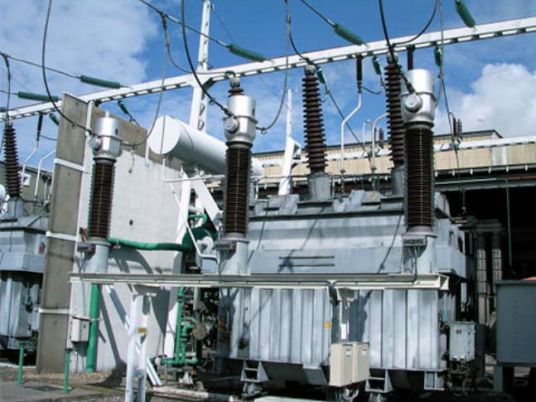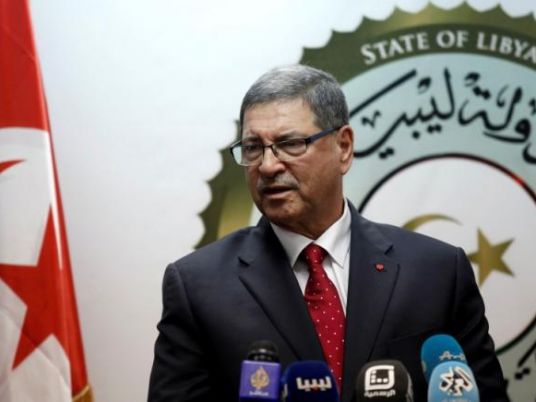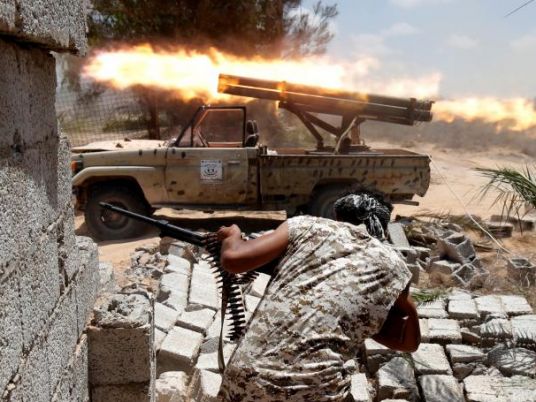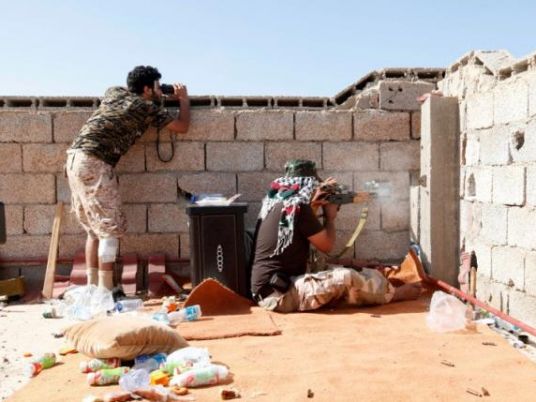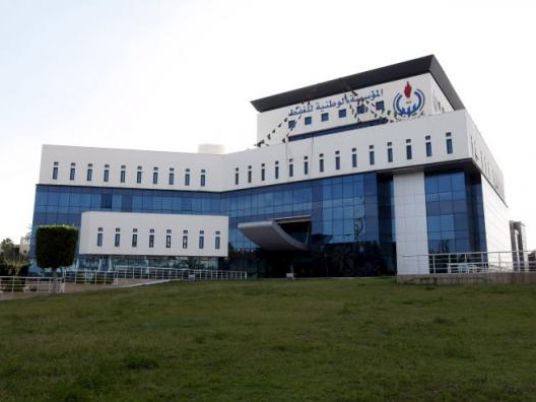
Libya's National Oil Corporation said on Saturday it was working with the UN-backed unity government, which arrived in Tripoli this week, to coordinate future oil sales and "put a period of divisions and rivalry behind us".
NOC Chairman Mustafa Sanalla also welcomed the UN Security Council's renewal on Thursday of measures to prevent illicit oil exports from Libya, a reference to efforts by Libya's eastern government to sell oil independently.
"Combined with the recent announcement by the Petroleum Facilities Guard (PFG) that it intends to reopen export ports it has been blockading, I hope NOC and the country's oil resources can provide a solid platform on which the country's recovery can be built," Sanalla said in a statement.
The new government received the endorsement of the PFG, a semi-official armed faction that controls key oil installations in the east, some of which it has shut down amid political disputes.
Libya descended into political turmoil and armed conflict following an uprising that toppled long-time strongman Muammar Gaddafi in 2011, with two pairs of rival parliament and governments operating in Tripoli and the country's east.
Its oil production has been slashed by rivalry between armed factions, attacks by Islamic State militants and labor disputes, falling to less than a quarter of the 1.6 million barrels per day produced before the uprising.
Hours after Sanalla's statement, two guards were killed in an attack on Bayda field, about 250 km south of the major oil terminals of Es Sider and Ras Lanuf, a guards spokesman said.
Militants loyal to Islamic State have carried out repeated attacks in the area, but have not taken control of any oil facilities, and spokesman Ali al-Hassi said Saturday's attack had been repelled.
The unity government emerged from a UN-mediated deal signed in December that has faced continuing opposition from hardliners inside Libya.
Its leaders traveled to Tripoli on Wednesday and have been operating out of a heavily secured naval base in the capital as they seek to gain control of government ministries and financial institutions.
PFG spokesman Ali al-Hassi said on Thursday that the guard was prepared to reopen eastern oil terminals at Zuetina, Es Sider, and Ras Lanuf, though he could not say when this might happen.
The latter two ports have been repeatedly attacked and damaged by Islamic State.
Libya's eastern government issued a statement on Saturday saying that if any ports were reopened, oil should only be exported with the approval of a parallel NOC that it has tried to set up in Benghazi.
The parallel NOC's efforts to export oil have so far been unsuccessful, with major oil trading firms and the international community continuing to support the NOC in Tripoli.
However, boosting Libya's oil sales with the support of the east will be a challenge for the new government. It has so far failed to win approval from the parliament in the east, as required by the UN-mediated deal, and the eastern government has indicated that it opposes any transfer of power unless such a vote is obtained.
The UN Security Council issued a resolution on Thursday stating that the unity government had the "primary responsibility" for preventing illicit oil sales, urging it to communicate any such attempts to the UN committee overseeing Libya-related sanctions.
The resolution also restated a call for member states to cease contact with any "parallel institutions".

